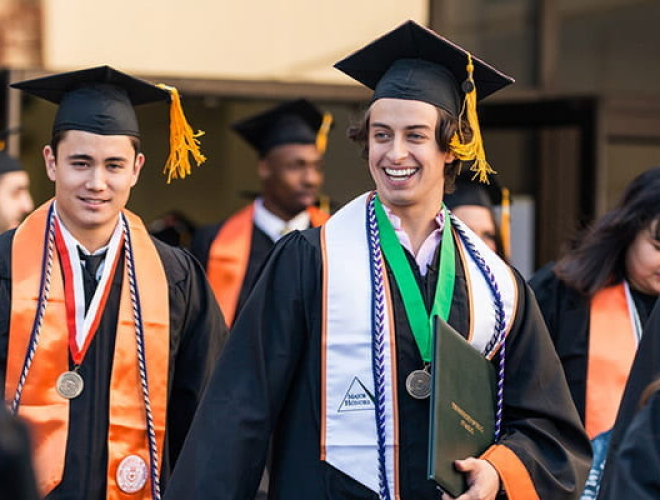Based on the Decree of the President of the Republic of Uzbekistan dated July 23, 2022, PQ-330 “On measures to systematically reform the activities of the University of world economy and diplomacy”, since September 2022, the Diplomatic academy at the University of world economy and diplomacy (UWED) has begun its activities.
In a relatively short time, organizational and regulatory documents of the Diplomatic academy were developed and approved based on the tasks set by the head of state. In particular, the Staffing table of the Diplomatic academy, curricula and training programs, a system for assessing the readiness of attendants were adopted and the Scientific council composition was also formed.
Currently, the staff of the Diplomatic academy (according to the staffing table of 2022) has been reached to 90%. Employment contracts were signed between employees and the Diplomatic academy. Charters of the departments have been developed and approved. The official website of the Diplomatic academy has been launched.
On November 1, 2022, the representatives of state bodies, heads of diplomatic missions of a number of foreign states accredited in Uzbekistan took part in the opening ceremony of the Diplomatic academy.
For the first training course of the Diplomatic academy on the systematic training of diplomats of the reserve level on the topic “Foreign political and foreign economic activity of the Republic of Uzbekistan”, 26 students were admitted, consisting of representatives of the Ministry of Foreign Affairs, the Ministry of Investments and Foreign Trade, the Ministry of Defense and the Legislative Chamber of the Oliy Majlis of the Republic of Uzbekistan .
From November 19 to December 17, 2022, special training courses on the topic “Diplomatic protocol and international negotiations” were organized for the employees of the Administration of the President of the Republic of Uzbekistan.
The educational process of the Diplomatic academy involves domestic and foreign specialists with deep theoretical knowledge and extensive practical experience in the field of international relations.
On December 27, 2022, students who successfully completed the abovementioned courses were awarded with the certificates of the Diplomatic academy.

The course "Foreign political and foreign economic activity of the Republic of Uzbekistan" for the systematic training of the diplomats of reserve level, one-year form of study: study period October-June

The course "Fundamentals of foreign political and foreign economic activity of the Republic of Uzbekistan" for diplomatic staff of the Ministry of Foreign Affairs, going on a long business trip abroad

The course "Fundamentals of foreign political and foreign economic activity of the Republic of Uzbekistan" for the systematic and intensive training of appointed Ambassadors

Based on the relevant provision of the Decree “On the organization of the training of employees with a minimum of three years of work experience in the narrow specialties of the master's degree” provides for the organization of the following specialized areas of the master's degree:
It provides for a one-year form of study in the master's degree and the issuance of a certified diploma.
The following issues will be addressed on the topic "Implementation of joint educational programs” of postgraduate and post-graduate education in partnership with leading foreign educational institutions:
По теме "Реализация совместных образовательных программ магистратуры и послевузовского образования” с ведущими зарубежными образовательными учреждениями предусматривается решение следующих вопросов: